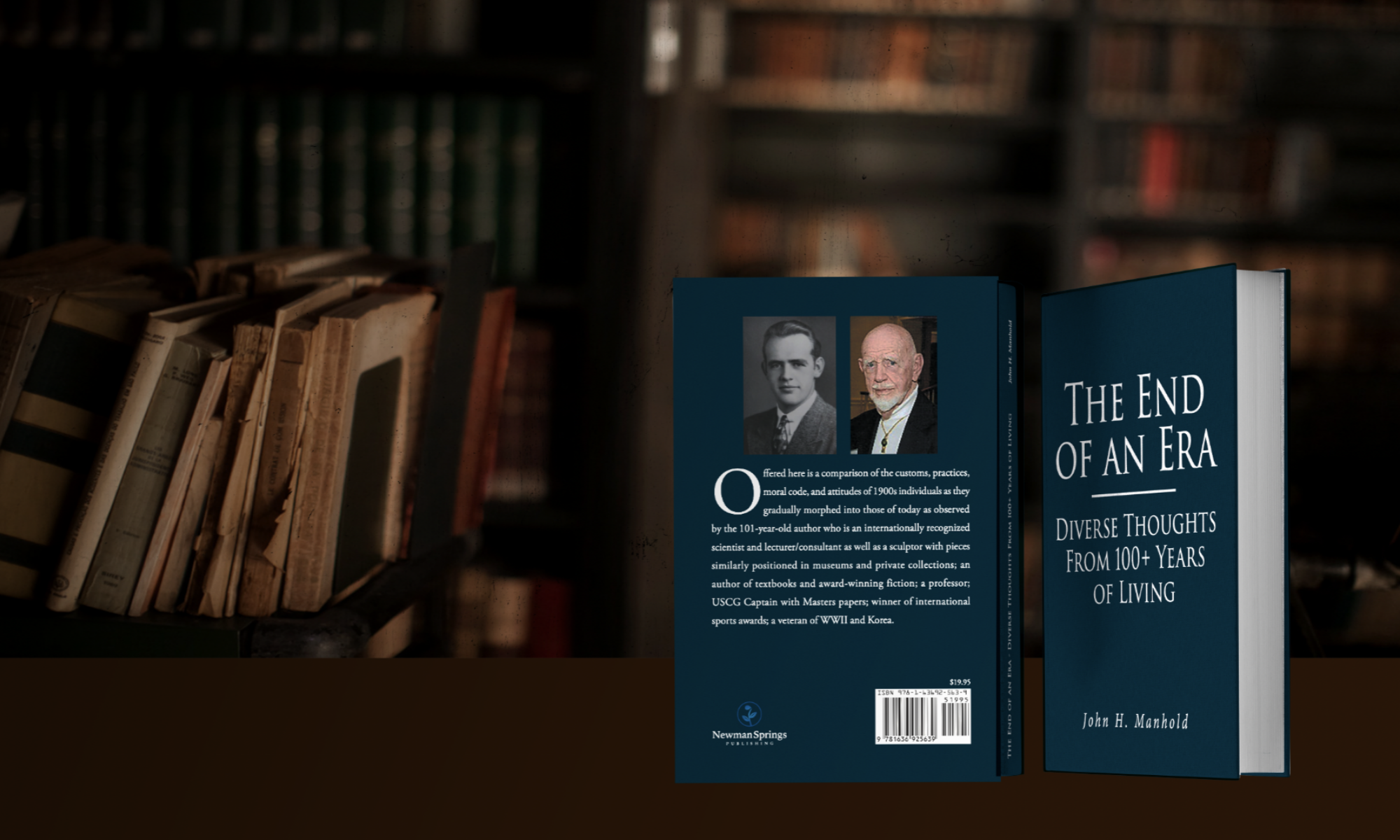The Roar of Ordinary ISBN: 9781734629015
Published, copyright and written by J. C. Foster.
A coming of age story set in America during the twentieth century, this is an expression of love that focuses on brothers and sisters from a supportive family that has resulted from the merger of residents mostly of the northeast portion of the U. S. with immigrants from Italy who face numerous personal ordeals, predominantly a product of the time. Recognizable family life evolves while on a collision course with the randomness of war, the Great Depression and other problems of the twentieth century. Close siblings find themselves in an era of challenging circumstances with life and death tied to their decisions, as fate hovers to devour the unlucky. This is a memoir setting forth an account of growing up in the embrace of a loving family with a sometimes ‘difficult to determine’ demonstration of that basic passion by a person of shifting moods and in a period of time overshadowed by wars followed by the fallout that combat brings. It’s a tale of introspection, hope, and redemption in the aftermath of loss while it scrutinizes the Vietnam War and identifies lingering governmental actions that exhibit forgetfulness regarding the lessons of Vietnam as well as those of other world conflicts. Along the way Jack, the protagonist dreams of what brought him to the here and now. He realizes that family, though an ordinary one, has provided required incentive, privilege, and opportunity as events, experiences, faces, and conversations appear. But he also sees that his individual decisions and those of his relatives and friends are what influenced fate to place each of them where they presently dwell.
Discussion/Conclusion: The author has presented in much detail the large number of activities in which an intelligent, active child, adolescent and young adult would engage while growing up in neighborhoods offered children of this era. Many may seem outlandishly ridiculous to today’s readers but assuredly were not beyond the thought patterns of those growing up in the early and middle parts on the 1900s. And the descriptions of the changes in thought patterns evolving in the mid-century are particularly well remembered and presented. The resultant conclusion is that in spite of some of the unevenness and redundancy exhibited, this is a book that describes in great detail the era of the 1900s as viewed from the perspective of a thoughtful young person gradually maturing under the guidance of a warm family environment with enough breadth to mitigate the perhaps harsher elements.
5* excellent portrayal of coming of age in the last century.
